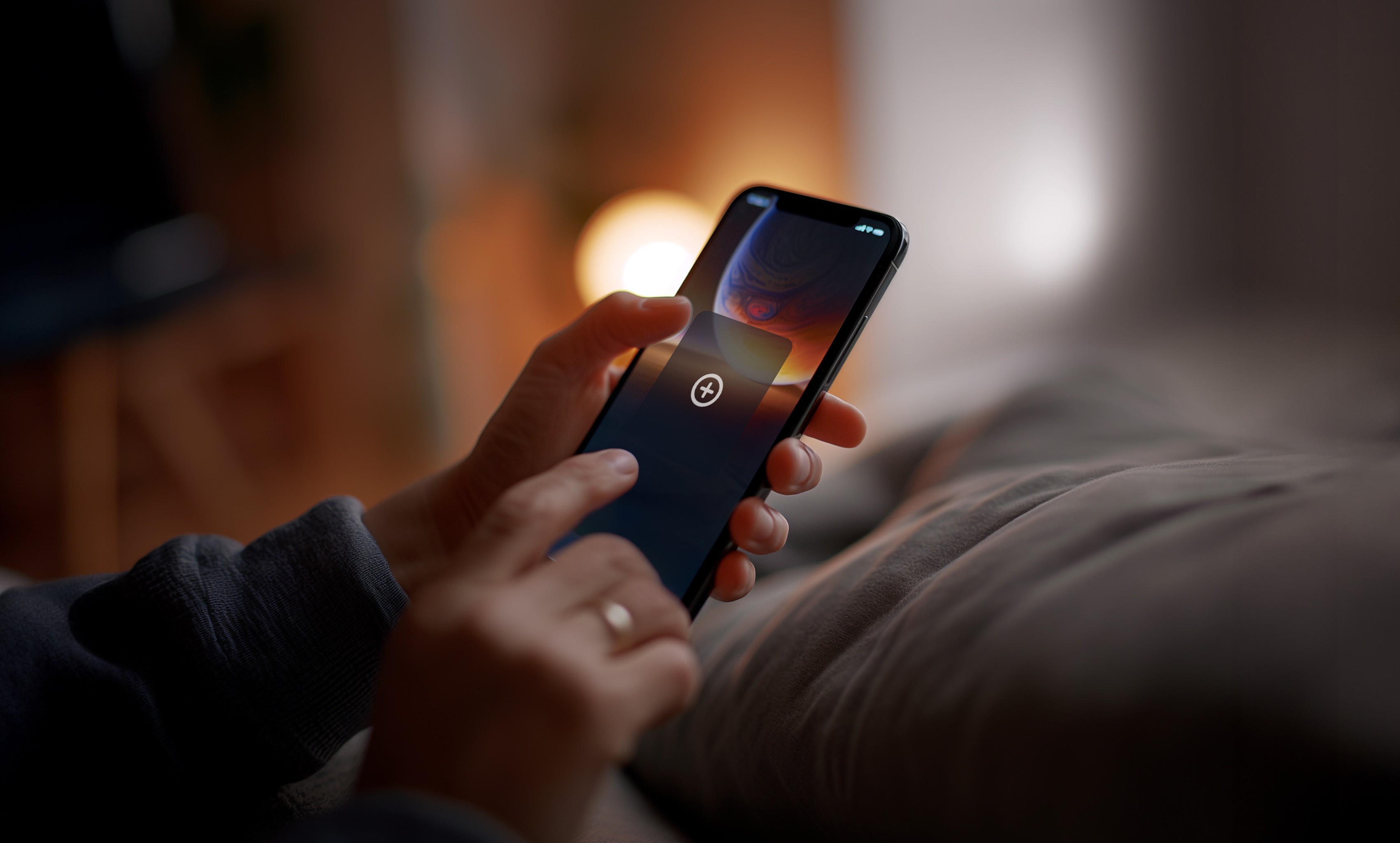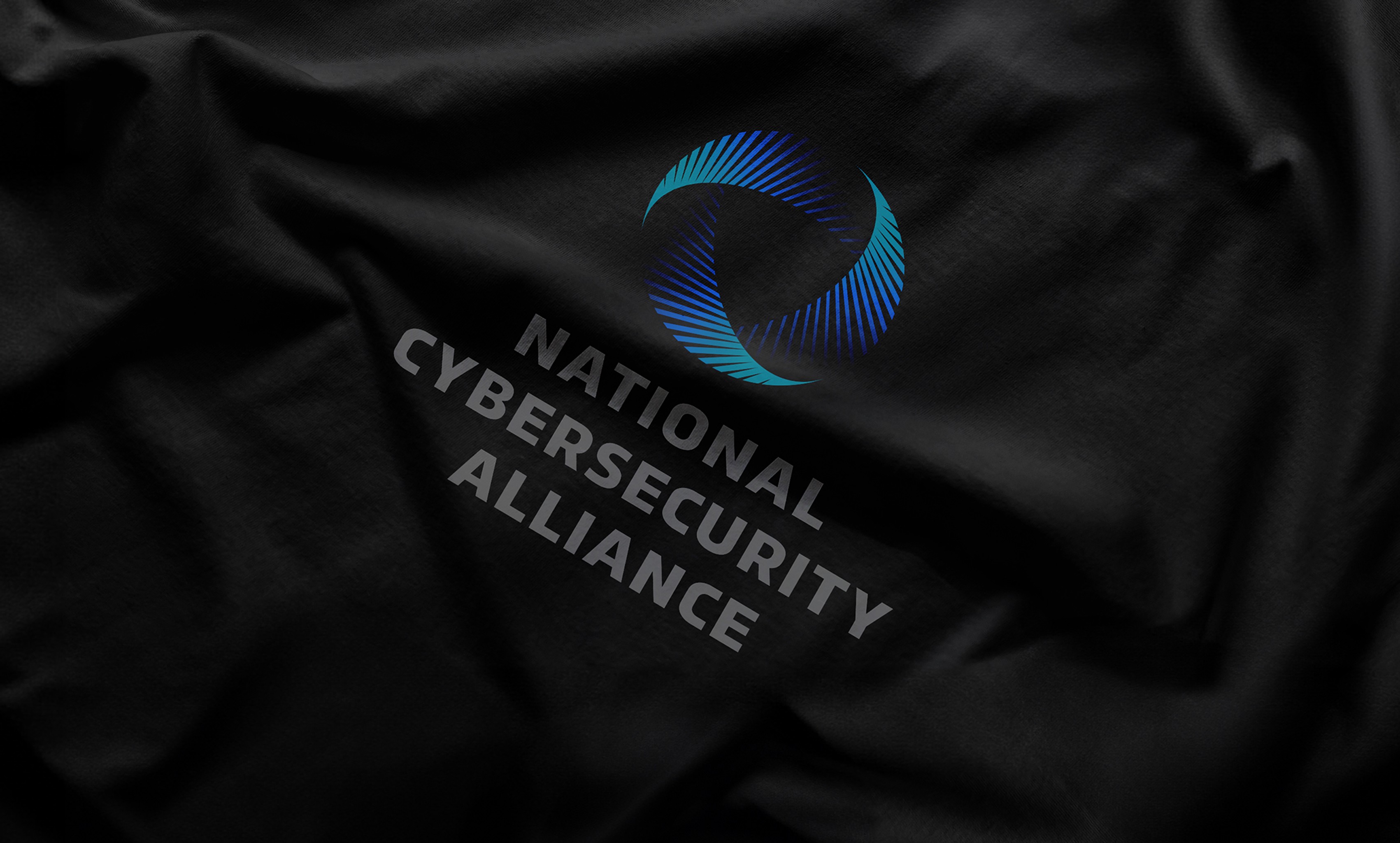Get Involved
We are on a big mission: to empower a more secure, interconnected world. To do this, we need your help! Let's connect and work together toward a safer internet.

Collaborate
Use our resources! Feel free to share links or print-outs of our resources to your employees, family, friends, or anyone else who goes online (so...anyone)!

Sponsor
Join the mission. See how you can bring your expertise to the cause. Together we can empower a more secure, interconnected world.

Request a Speaker
We regularly provide virtual and in-person presentations for organizations and cover a range of topics for various audiences.

Donate
A little financial support can go a long way to making the digital world safer. Consider supporting the cause with a donation.

Collaborate
Use our resources! Feel free to share links or print-outs of our resources to your employees, family, friends, or anyone else who goes online (so...anyone)!

Sponsor
Join the mission. See how you can bring your expertise to the cause. Together we can empower a more secure, interconnected world.

Request a Speaker
We regularly provide virtual and in-person presentations for organizations and cover a range of topics for various audiences.

Donate
A little financial support can go a long way to making the digital world safer. Consider supporting the cause with a donation.

Collaborate
Use our resources! Feel free to share links or print-outs of our resources to your employees, family, friends, or anyone else who goes online (so...anyone)!

Sponsor
Join the mission. See how you can bring your expertise to the cause. Together we can empower a more secure, interconnected world.

Request a Speaker
We regularly provide virtual and in-person presentations for organizations and cover a range of topics for various audiences.

Donate
A little financial support can go a long way to making the digital world safer. Consider supporting the cause with a donation.
NCA Store
Subscribe to our Newsletter
NCA Store
Subscribe to our Newsletter
NCA Store
Subscribe to our Newsletter
Subscribe to our Newsletter
Subscribe to our Newsletter
Subscribe to our Newsletter
Who we are
The National Cybersecurity Alliance is a non-profit organization on a mission to create a more secure, interconnected world.
We are an alliance! It’s a reminder that creating a secure online world is a group effort. From families to Fortune 500s and every kind of organization in between, we work together with one goal in mind: to make cybersecurity easier and more accessible, so that we can experience the benefits technology brings to our lives without worry.
Our Initiatives
We advocate for the safe use of all technology and educate everyone on how best to protect ourselves, our families, and our organizations from cybercrime.
We create strong partnerships between governments and corporations to amplify our message and to foster a greater “digital” good.
We work to make cybersecurity easier and more accessible, so that we can experience the benefits technology brings to our lives without worry
Key Partners
We’re proud to be able to offer helpful resources, including education programs, events and free content. This is all possible because of our key partners!
Board Members
Partners
While we do what we do for the love of keeping more people safe online, we are proud to be recognized!

National Cybersecurity Alliance Receives 2025 CSO Award from Foundry’s CSO
Award recognizes innovative campaign “AI Fools, Stay Sharp!” for helping the public outsmart AI voice clone scams.

National Cybersecurity Alliance Receives 2025 CSO Award from Foundry’s CSO
Award recognizes innovative campaign “AI Fools, Stay Sharp!” for helping the public outsmart AI voice clone scams.

National Cybersecurity Alliance Receives 2025 CSO Award from Foundry’s CSO
Award recognizes innovative campaign “AI Fools, Stay Sharp!” for helping the public outsmart AI voice clone scams.

Candid Recognition
Candid gets you the information you need to do good.

Candid Recognition
Candid gets you the information you need to do good.

Candid Recognition
Candid gets you the information you need to do good.

National Cybersecurity Alliance receives 2024 CSO Award from Foundry’s CSO
The National Cybersecurity Alliance (NCA) wins the 2024 CSO Award for 'Kubikle,' a comedy cybersecurity web series that engages diverse audiences in proactive security education. Recognized for outstanding business value and thought leadership, NCA will be honored at the CSO Conference & Awards on October 21-23, 2024, for its innovative approach to cybersecurity awareness.

National Cybersecurity Alliance receives 2024 CSO Award from Foundry’s CSO
The National Cybersecurity Alliance (NCA) wins the 2024 CSO Award for 'Kubikle,' a comedy cybersecurity web series that engages diverse audiences in proactive security education. Recognized for outstanding business value and thought leadership, NCA will be honored at the CSO Conference & Awards on October 21-23, 2024, for its innovative approach to cybersecurity awareness.

National Cybersecurity Alliance receives 2024 CSO Award from Foundry’s CSO
The National Cybersecurity Alliance (NCA) wins the 2024 CSO Award for 'Kubikle,' a comedy cybersecurity web series that engages diverse audiences in proactive security education. Recognized for outstanding business value and thought leadership, NCA will be honored at the CSO Conference & Awards on October 21-23, 2024, for its innovative approach to cybersecurity awareness.
We love talking to the press and getting our message out there. We've been featured in hundreds of news outlets.

Newsday: LI's Broadridge, Verint testing new Chinese chatbot DeepSeek for automation, efficiency
Newsday: LI's Broadridge, Verint testing new Chinese chatbot DeepSeek for automation, efficiency

Newsday: LI's Broadridge, Verint testing new Chinese chatbot DeepSeek for automation, efficiency
Newsday: LI's Broadridge, Verint testing new Chinese chatbot DeepSeek for automation, efficiency

Newsday: LI's Broadridge, Verint testing new Chinese chatbot DeepSeek for automation, efficiency
Newsday: LI's Broadridge, Verint testing new Chinese chatbot DeepSeek for automation, efficiency

Fox Tampa Bay: Tech experts warn of Valentine's Day romance scams as Meta takes steps to protect users
Fox Tampa Bay: Tech experts warn of Valentine's Day romance scams as Meta takes steps to protect users

Fox Tampa Bay: Tech experts warn of Valentine's Day romance scams as Meta takes steps to protect users
Fox Tampa Bay: Tech experts warn of Valentine's Day romance scams as Meta takes steps to protect users

Fox Tampa Bay: Tech experts warn of Valentine's Day romance scams as Meta takes steps to protect users
Fox Tampa Bay: Tech experts warn of Valentine's Day romance scams as Meta takes steps to protect users

ABC Philly: FBI issues warning on romance scams ahead of Valentine's Day
ABC Philly: FBI issues warning on romance scams ahead of Valentine's Day

ABC Philly: FBI issues warning on romance scams ahead of Valentine's Day
ABC Philly: FBI issues warning on romance scams ahead of Valentine's Day

ABC Philly: FBI issues warning on romance scams ahead of Valentine's Day
ABC Philly: FBI issues warning on romance scams ahead of Valentine's Day
Get in touch

Want to get involved in the alliance? Sign up to stay connected with the latest NCA resources, events, and programs.
For media inquiries, contact nca@modop.com
For sponsorship inquiries, please fill out our form here
Fill out our form here to request a speaker
For all other requests, please click the button below
Resources
Initiatives
Special Campaigns
Mailing Address: 717 Coliseum Drive NW, Winston-Salem, NC 27106
©
2025
Copyright. Stay Safe Online, NCA. All Rights Reserved.
Resources
Initiatives
Special Campaigns
Mailing Address: 717 Coliseum Drive NW, Winston-Salem, NC 27106
©
2025
Copyright. Stay Safe Online, NCA. All Rights Reserved.
Resources
Initiatives
Special Campaigns
Mailing Address: 717 Coliseum Drive NW, Winston-Salem, NC 27106
©
2025
Copyright. Stay Safe Online, NCA. All Rights Reserved.
